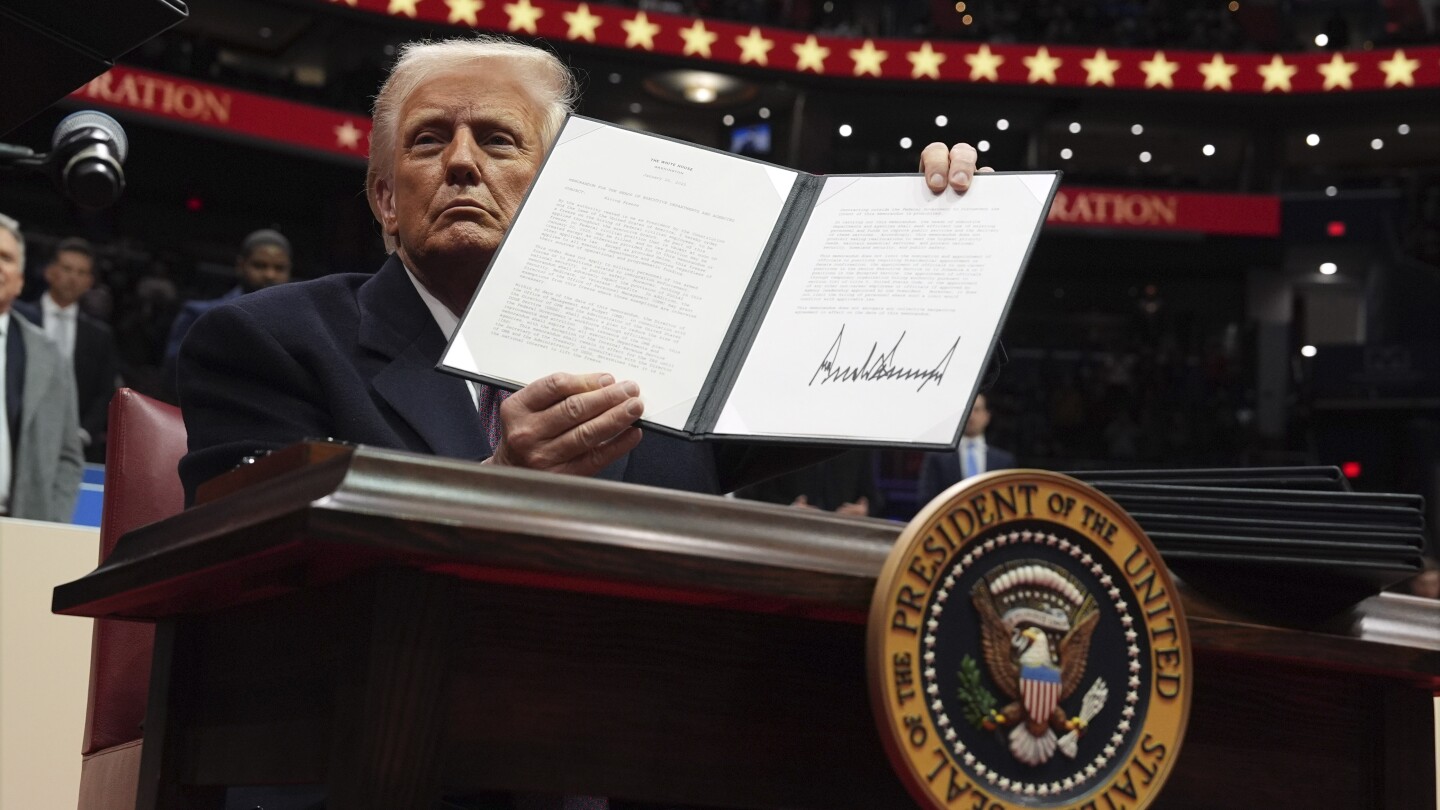
Trump administration directs all federal diversity, equity and inclusion staff be put on leave
Trump has called the diversity and inclusion programs “discrimination” and insisted on restoring strictly “merit-based” hiring.apnews.com
Yes, and?

Trump administration directs all federal diversity, equity and inclusion staff be put on leave
Trump has called the diversity and inclusion programs “discrimination” and insisted on restoring strictly “merit-based” hiring.apnews.com
Fantasy? It's a reality that MAGAts are in a cult.Who knew that was your fantasy?!
Yes, and?

It's Gestapo-style spying.We will never see right wingers call this Soviet style spying.
Exactly.It's Gestapo-style spying.
No, rat someone out for not giving EVERYONE equal opportunity based on merit and ability.In other words, rat someone out for giving minorities opportunities.
You don't think this through.
So, turn in your friends.No, rat someone out for not giving EVERYONE equal opportunity based on merit and ability.
Is that why white men are often hired?No, rat someone out for not giving EVERYONE equal opportunity based on merit and ability.
Reductio ad absurdum fallacy.So, turn in your friends.
No, rat someone out for not giving EVERYONE equal opportunity based on merit and ability.
It is not. And please learn what logical fallacies you use are.Reductio ad absurdum fallacy.
It is not.
Isn't it?

Complex question fallacy.Is that why white men are often hired?
Dumb person fallacy^^Complex question fallacy.
It's a simple question. There is systemic racism in America.Complex question fallacy.
Yes it is. You took a general case and reduced it to a very specific one. That is the core of a reductio ad absurdum fallacy.It is not. And please learn what logical fallacies you use are.
